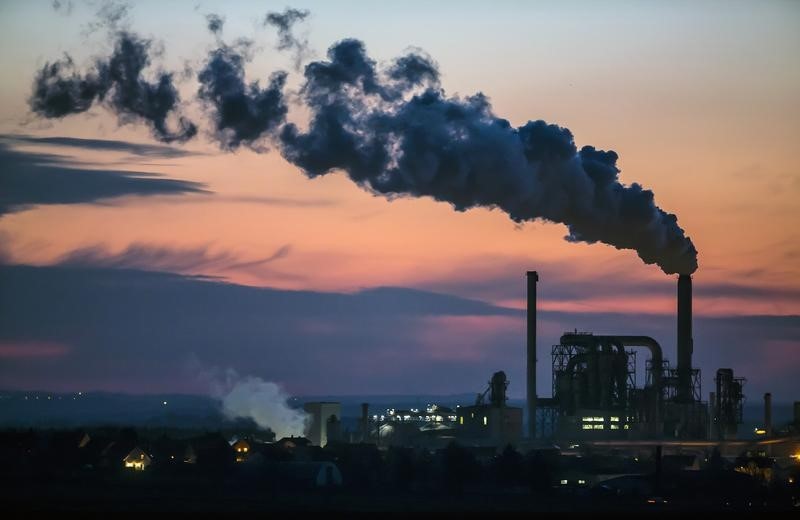By Michelle Martin
BERLIN (Reuters) - German business morale rose to its highest level in six months in January, climbing for a third consecutive month, a survey showed on Monday, in a sign that 2015 got off to a strong start for Europe's largest economy.
Ifo's business climate index, based on a monthly survey of some 7,000 firms, increased to 106.7 in January from 105.5 in December. That was the highest reading since July and compared with the Reuters consensus forecast for 106.3.
"All in all, almost everything is put in place for another strong year of the German economy. At least in a little perfect and linear world," said ING economist Carsten Breszki.
"However, the aftermath of the Greek elections will show that perfect and linear worlds do not exist," he added.
On Sunday Greek leftist party Syriza won a snap election in Greece and leader Alexis Tsipras promised that five years of austerity, "humiliation and suffering" imposed by international creditors were over.
German politicians have called on Greece to stick to its agreements and Bundesbank President Jens Weidmann said it was also in the interest of the Greek government to implement reforms.
The Ifo survey showed firms felt more upbeat about the current situation compared with in December and they also became slightly more optimistic about their prospects for the next six months.
Some companies have made upbeat announcements recently, with sportswear company Adidas (DE:ADSGn) and Nivea skin-cream maker Beiersdorf (DE:BEIG) both reporting better than expected rises in 2014 sales.
The Ifo survey showed improvements in the manufacturing, wholesale and retail sectors while construction firms fared slightly worse than in December.
Last week surveys showed investor morale improving and Germany's private sector expanding faster in January.
The German economy expanded by 1.5 percent last year thanks to private consumption and foreign trade and coalition sources have said the government may revise up its growth forecast for this year to 1.5 percent from 1.3 percent, with economists pointing to low oil prices and a weak euro as positives.
